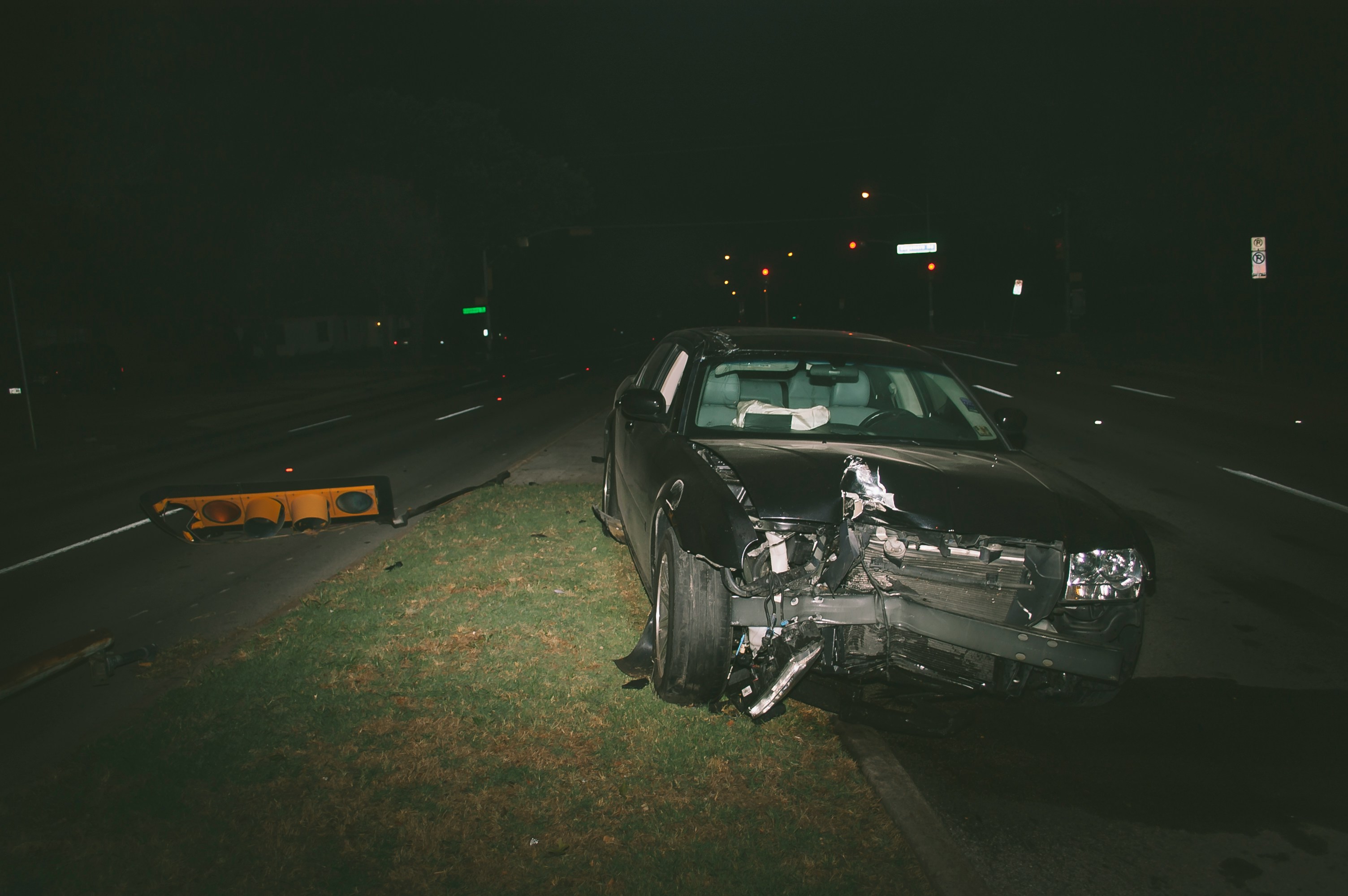Nearly 40% of adults in the US experience vertigo at least once in their life. Vertigo can be brought on by a period of conditions, types of accidents, or rushed repetitive motions involving the head or neck and can last anywhere from minutes to hours. While vertigo can have many causes, common causes include head or neck injuries, migraines, strokes, tumors, or can even be a side effect from certain kinds of medications that can cause ear damage.
Given the preponderance of head and neck injuries caused by varying types of trauma or accident, a car certainly would create a risk for passengers. Whether you’re experiencing symptoms following a car accident, know someone who is, or just want to learn more, let’s go over a little bit about what vertigo is and how to treat it.
What is vertigo?
First, it’s important to understand what exactly vertigo is. Vertigo is a sensation of dizziness or lack of balance, often described as a feeling that the world is spinning. Nausea, vomiting, abnormal eye movements, headaches, sweating, and ringing in the ears are just a few of the more common symptoms associated with having vertigo. In many cases, vertigo will disappear without any treatment at all, though it can also come back. Your brain is often able to use other mechanisms to adapt and retain balance. Still, not everyone is that fortunate and some cases of vertigo can require severe and intensive treatment to dispel the issue.
Can a car accident cause vertigo?

There are many ways to experience vertigo, most often via some type of ear problem. BPPV (benign paroxysmal positional vertigo) is one cause, which occurs when small calcium particles form clumps in the canal of the inner ear. Your inner ear sends signals to your brain to maintain your center of gravity and balance, so any disruption could produce vertigo or a similar sensation.
Meniere’s disease can also cause vertigo, which is an inner ear disorder brought on by a build-up of fluid. Ringing in the ears (tinnitus) and hearing loss are also associated with Meniere’s disease. Vestibular neuritis is another type of inner ear issue which is typically related to a viral infection. The inflammation it causes in the inner ear affects nerves that help the body maintain its balance. Head and neck injuries, or whiplash injuries, are also common sources of vertigo.
When you’ve been in a car accident, it’s important that you look for medical and legal resources as soon as you can. You might be able to have the costs of your treatment covered, or be eligible for a settlement due to the other driver’s negligence. Don’t be afraid to reach out to an expert. If you’re in the Raleigh area, look online for car accident lawyers in Raleigh NC.
How can vertigo be treated?

There are several different types of vertigo treatment, and the root cause is an important determining factor for what will work best for you. Vestibular rehab may be recommended for certain types of vertigo, which can help train your other senses to compensate. There are also canalith repositioning maneuvers that can assist in moving calcium deposits out of the inner ear to be absorbed by the body. A doctor or physical therapist can assist with this type of treatment. Medication can be given to alleviate symptoms like nausea and vomiting. In very rare cases, surgery may be required. A tumor or injury to the head or neck that needed surgical correction is two examples of that type of case.
While vertigo can be frustrating, there is a myriad of treatments that can lessen or eliminate its effects relatively quickly and efficiently. Vertigo can recur, so it’s important to stay on top of it and contact your doctor if you have any symptoms that are disruptive to your ability to function, especially the strong dizziness commonly associated with the condition.
Car accidents are one of the leading causes of head and neck trauma in the United States, which can definitely pose a risk and cause vertigo, especially through a whiplash incident. A sudden stop, crash, or even change in speeds could jerk the head and neck hard enough to produce the sensation of vertigo.
If you find yourself experiencing sudden dizziness, swaying, tilting, or a feeling of being unbalanced, call your doctor so you can ensure that you catch any potentially serious problem before it’s too late.



